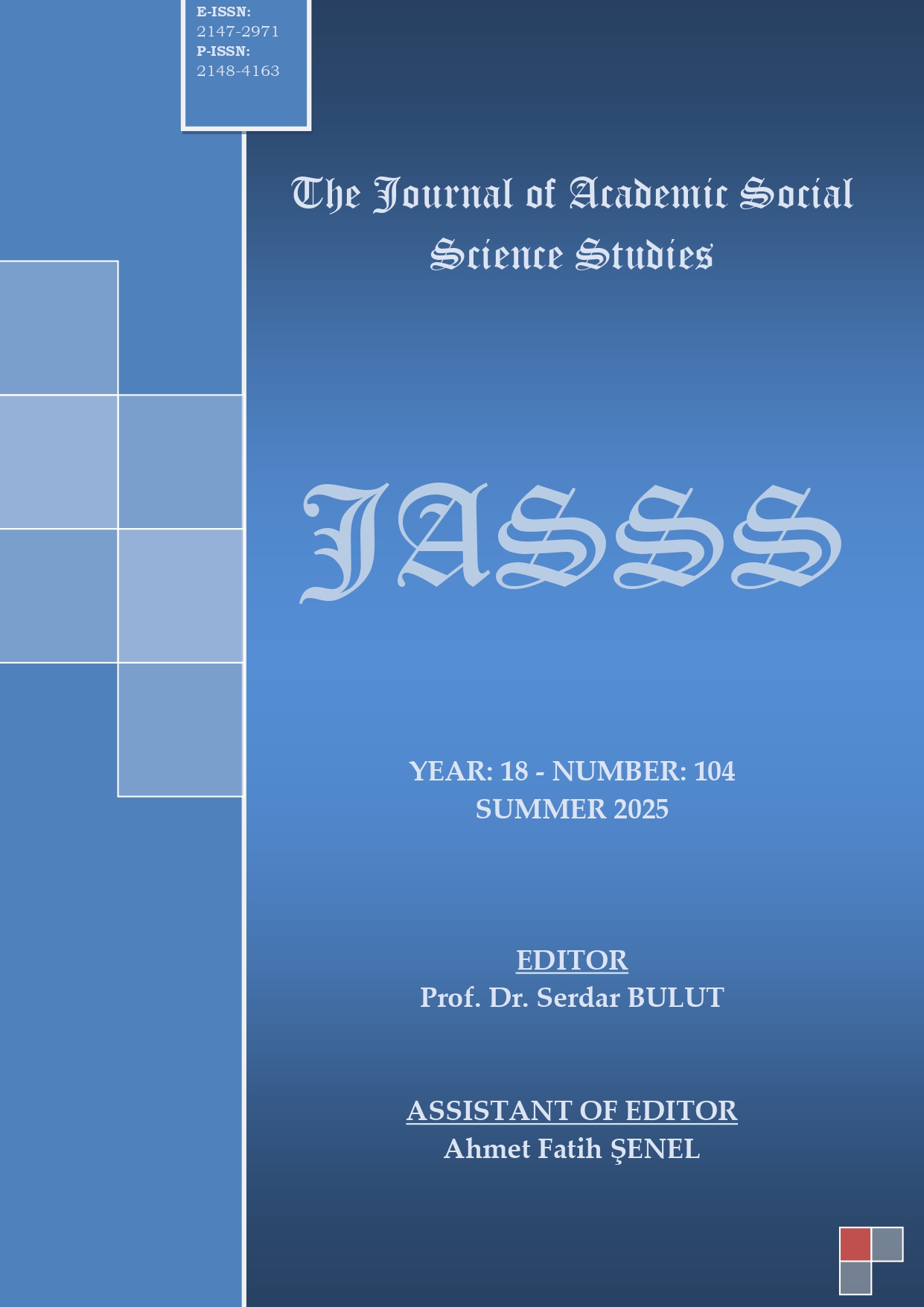BİR YÜKSEKÖĞRETİM KURUMUNDA İÇ KONTROL SİSTEMİNİN İŞLEYİŞİ: COSO MODELİ ÇERÇEVESİNDE NİTEL BİR DURUM ÇALIŞMASI
Author :
Abstract
Kamu kaynaklarının etkin, ekonomik ve verimli kullanımını sağlamak amacıyla geliştirilen iç kontrol sistemleri, günümüzde kurumsal yönetim anlayışının vazgeçilmez bir bileşeni hâline gelmiştir. Özellikle yükseköğretim kurumları gibi çok aktörlü, karmaşık ve dinamik yapılarda iç kontrol sistemlerinin yapılandırılması ve işlerliğinin sağlanması, kurumsal sürdürülebilirlik ve hesap verebilirlik açısından kritik öneme sahiptir. Bu bağlamda, söz konusu sistemlerin mevcut durumunu değerlendirmek, uygulamada karşılaşılan zorlukları ortaya koymak ve iyileştirmeye yönelik öneriler geliştirmek amacıyla çeşitli model ve çerçevelerden yararlanılmaktadır. Bu çalışma, iç kontrol sistemlerinin yükseköğretim kurumlarındaki kurumsal işleyişini değerlendirmek amacıyla, COSO (Committee of Sponsoring Organizations of the Treadway Commission) modeli temelinde nitel bir araştırma tasarımı çerçevesinde yürütülmüştür. Araştırma, iç kontrol sistemini oluşturan beş temel bileşen olan kontrol ortamı, risk değerlendirme, kontrol faaliyetleri, bilgi ve iletişim ile izleme unsurları doğrultusunda yapılandırılmıştır. Çalışmada, amaçlı örnekleme yöntemiyle belirlenen altı iç kontrol görevlisiyle yarı yapılandırılmış derinlemesine görüşmeler gerçekleştirilmiş; elde edilen veriler betimsel analiz yöntemiyle değerlendirilmiştir. Verilerin analizi sürecinde MAXQDA yazılımı kullanılmıştır. Bulgular, incelenen yükseköğretim kurumunda iç kontrol sistemine yönelik kurumsal farkındalığın mevcut olduğunu, ancak sistemin bütüncül ve sürdürülebilir bir şekilde işlerlik kazanabilmesi için özellikle kontrol ortamı, risk değerlendirme ve izleme bileşenlerinde yönetsel ve yapısal düzeyde iyileştirmelere gereksinim duyulduğunu ortaya koymaktadır. Bu yönüyle çalışma, yükseköğretim kurumlarında iç kontrol sistemlerinin uygulanmasına yönelik sınırlı sayıdaki nitel araştırmalar literatürüne katkı sunmayı amaçlamaktadır
Keywords
Abstract
Internal control systems, developed to ensure the effective, economic, and efficient use of public resources, have become an essential component of modern corporate governance. In complex and dynamic organizational structures such as higher education institutions, the establishment and proper functioning of internal control mechanisms are critical for institutional sustainability and accountability. In this context, evaluating the current state of these systems, identifying challenges in implementation, and proposing areas for improvement have gained increasing importance. This study was conducted to assess the institutional functioning of internal control systems in a public university, using the COSO (Committee of Sponsoring Organizations of the Treadway Commission) model as a conceptual framework. The research is structured around five core components of internal control: control environment, risk assessment, control activities, information and communication, and monitoring. Within the scope of the study, semi-structured in-depth interviews were conducted with six internal control officers selected through purposive sampling. The data collected were analyzed using descriptive analysis, supported by the MAXQDA software. The findings indicate that while there is a certain level of institutional awareness regarding internal control practices in the examined university, managerial and structural improvements are particularly needed in the areas of control environment, risk assessment, and monitoring to achieve a holistic and sustainable implementation. This study aims to contribute to the limited body of qualitative research on the application of internal control systems in higher education institutions.





